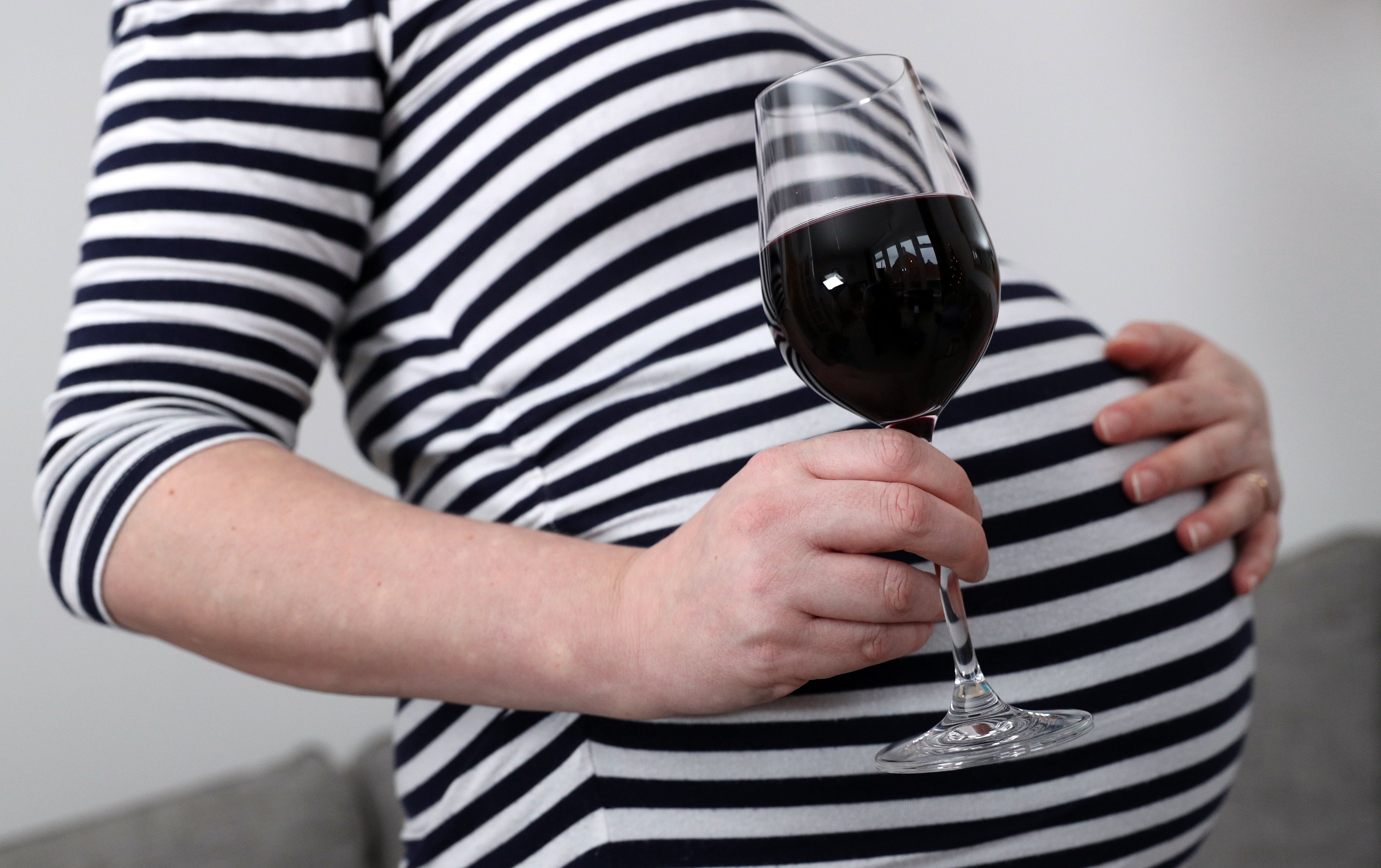Plans to record mothers’ drinking habits on baby health records scrapped
Campaigners opposed the proposals, saying they infringe on women’s privacy.

Your support helps us to tell the story
From reproductive rights to climate change to Big Tech, The Independent is on the ground when the story is developing. Whether it's investigating the financials of Elon Musk's pro-Trump PAC or producing our latest documentary, 'The A Word', which shines a light on the American women fighting for reproductive rights, we know how important it is to parse out the facts from the messaging.
At such a critical moment in US history, we need reporters on the ground. Your donation allows us to keep sending journalists to speak to both sides of the story.
The Independent is trusted by Americans across the entire political spectrum. And unlike many other quality news outlets, we choose not to lock Americans out of our reporting and analysis with paywalls. We believe quality journalism should be available to everyone, paid for by those who can afford it.
Your support makes all the difference.Proposals to include a pregnant woman’s drinking habits on her child’s medical record have been ditched, campaigners said.
The British Pregnancy Advisory Service (BPAS) said it opposed National Institute of Health and Care Excellence (Nice) proposals that any alcohol consumption reported by a pregnant woman should be automatically transferred to her child’s medical record.
The plans, part of Nice’s Quality Standard on the diagnosis and assessment of fetal alcohol spectrum disorder (FASD), prompted a backlash.
Campaigners said the plans would have infringed on a woman’s right to privacy and denied pregnant women the ability to have a frank and confidential conversation with her midwife about alcohol.
We welcome the decision by Nice to drop proposals to automatically transfer any alcohol consumption reported by a pregnant woman to her child’s medical records. It is absolutely staggering that these measures were ever suggested by Nice in the first place
Nice has now published its latest document on how health and care services can improve the diagnosis, assessment and prevention of FASD.
The standard states that pregnant women are asked about their alcohol use throughout their pregnancy and this is recorded, but it does not suggest that this should automatically be transferred to the child’s health record.
Nice also said pregnant women should be given advice throughout pregnancy not to drink alcohol.
Commenting on the document, BPAS chief executive Clare Murphy said: “We welcome the decision by Nice to drop proposals to automatically transfer any alcohol consumption reported by a pregnant woman to her child’s medical records.
“It is absolutely staggering that these measures, which had no basis in evidence and would have amounted to an extraordinary infringement on women’s right to privacy, were ever suggested by Nice in the first place.
“The vast majority of women do not consume alcohol once pregnancy is confirmed or consume at levels not associated with harm.
“While we are pleased to see that the recommendation regarding the transferal of data from a woman’s medical records on to those of her child has been dropped, we remain concerned about the routine questioning of women throughout pregnancy on this issue.
“Our research shows women find antenatal discussions about alcohol – even when they don’t drink at all – can supersede other issues important to them, like their own mental health and wellbeing.
“Those supporting pregnant women must be able to provide care that meets the needs of the individual before them, not just to fill in boxes on a checklist.”
Dr Paul Chrisp, director of Nice’s centre for guidelines, said: “We know children and young people with FASD often have a poorer quality of life and must overcome some incredibly difficult challenges in their daily lives.
“This quality standard aims to improve the diagnosis and care offered to children and young people with FASD as well as ensuring that women are given consistent advice about their alcohol consumption during pregnancy.
“FASD is a series of preventable mental and physical birth defects associated with alcohol use during pregnancy. Helping women to drink less or no alcohol during their pregnancy will reduce the number of children and young people affected by FASD.”